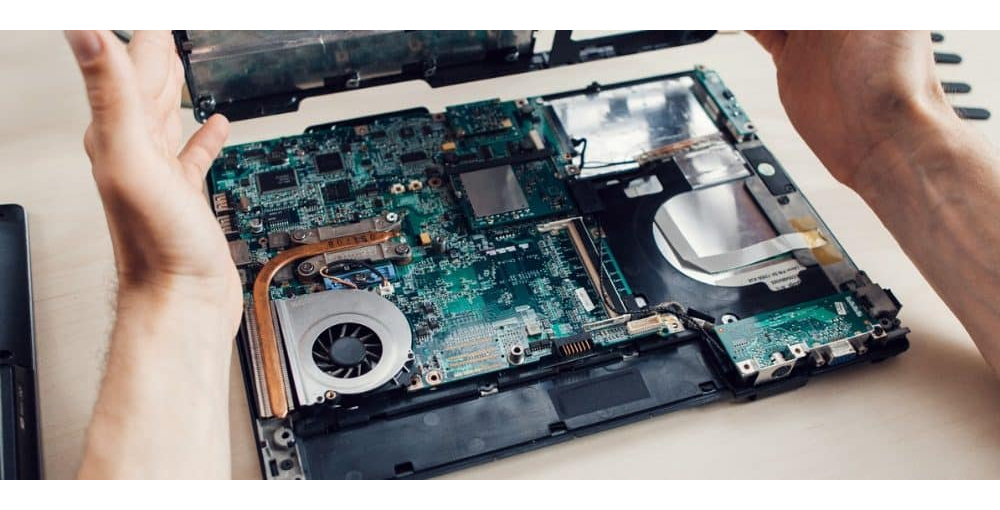Choosing the Right Storage Device A Comprehensive Guide
Selecting the appropriate storage device for your needs is crucial. Whether you’re a casual user or a professional. Understanding the options available and their specific benefits can significantly impact your computing experience.
This guide aims to demystify the world of storage devices, helping you make informed decisions that align with your requirements. Storage devices are very helpfull you need them to store your data fusionhardware makes easy for you now you can buy anything related to PC’S.
Understanding Different Types of Storage Devices
1. Hard Disk Drives (HDDs)
HDDs have been a staple in computing for decades. They offer large storage capacities at affordable prices, making them ideal for storing vast amounts of data such as media files, documents, and applications. However, they are mechanical devices with spinning platters and moving parts, which can affect speed and durability over time.
2. Solid State Drives (SSDs)
SSDs represent a leap forward in storage technology. By using flash memory, SSDs offer faster read/write speeds, improved durability, and quieter operation compared to HDDs. They are suitable for both desktops and laptops, enhancing overall system responsiveness and reducing boot times significantly.
3. Hybrid Drives
Hybrid drives combine the best of HDDs and SSDs. They feature a traditional hard drive with a small SSD cache, allowing for faster access to frequently used files while maintaining larger storage capacities at a lower cost per gigabyte compared to pure SSDs.
4. External Storage Solutions
External storage devices like USB flash drives and external hard drives provide portable storage options. They are convenient for transferring data between devices or backing up important files. Cloud storage services also fall under this category, offering off-site storage accessible from anywhere with an internet connection.
Factors to Consider When Choosing a Storage Device
1. Capacity Requirements: Determine how much storage space you need based on your usage patterns and future growth expectations.
2. Performance: Consider the speed requirements for your applications. SSDs offer faster performance than HDDs, making them ideal for tasks that demand quick data access.
3. Reliability and Durability: Assess the reliability metrics of different storage devices, especially if you are storing critical data. SSDs generally have fewer mechanical parts than HDDs, reducing the risk of failure due to physical wear and tear.
4. Budget: Balance your storage needs with your budget constraints. SSDs typically cost more per gigabyte than HDDs, so evaluate the cost-effectiveness based on your priorities.
Conclusion
Choosing the right storage device involves evaluating a variety of factors, from performance and capacity to budget and durability. By understanding the strengths and weaknesses of each type of storage device, you can make an informed decision that meets your specific requirements. Whether you prioritize speed, capacity, or cost-efficiency, there’s a storage solution tailored to optimize your computing experience



